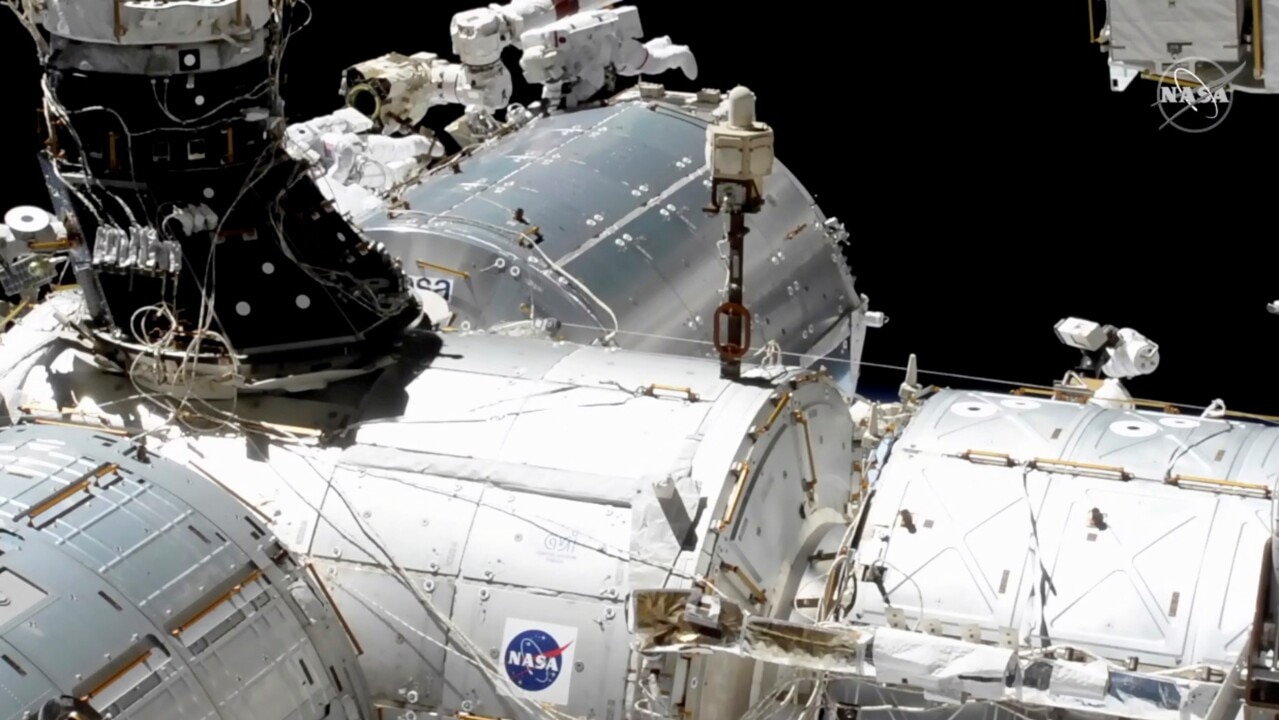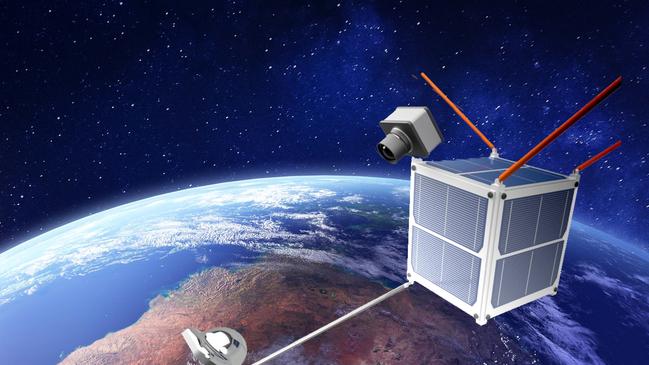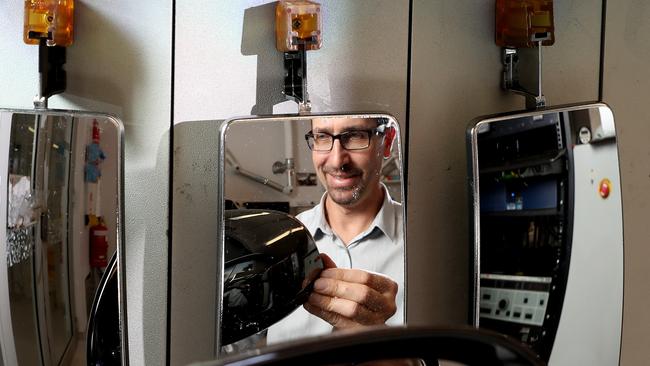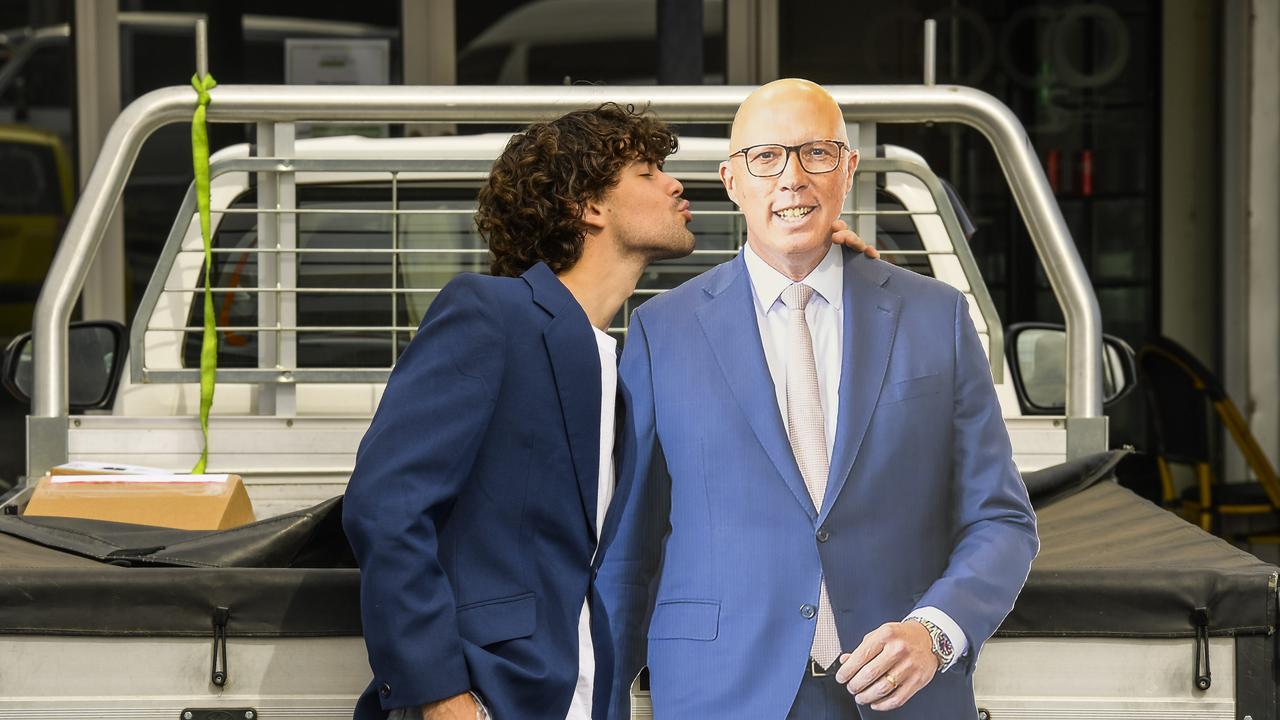UniSA leads SA node of the $180m national space manufacturing hub iLAUNCH, starting with ‘selfie stick’ for satellites
Russians have blown up a satellite, sparking concerns about the safety of vital equipment in space. An SA manufacturing hub is working on a selfie stick that can check for damage.

SA News
Don't miss out on the headlines from SA News. Followed categories will be added to My News.
Adelaide scientists are designing a “selfie stick for satellites” to help protect them against attacks in space and to check for damage.
The research will form part of the work at a new $180m national space manufacturing hub announced on Monday.
UniSA is one of three universities and 23 industry partners in the hub, which will be headquartered at the University of Southern Queensland.
UniSA industry Associate Professor Colin Hall said Russia blew up one of its own satellites during a military test in November, just to see what they could do. He said satellites could also be damaged by missiles, other satellites or space junk, which could disrupt the ability to maintain GPS for navigation and communication on Earth.
“Unfortunately, there are people involved in space that want to harm other people’s satellites,” Associate Professor Hall said.
“Anyone that has a satellite up there could go up to another satellite and disable it, or move it, or adjust it, or try and have an influence on it. That could then stuff up the operation of a lot of things.
“I think it’s clearly on the mind of defence. They're looking at ways to protect their own space assets.”

UniSA is leading research to develop lightweight, compact optical systems – including selfie sticks – for satellites, with manufacturing specialists Amaero, SMR Australia and Australia’s Defence Science Technology Group.
Associate Professor Hall said the technology would allow a satellite to use cameras and mirrors to look at itself and do “a self-assessment to make sure everything’s OK”.
The selfie stick concept is one of three core projects in the South Australian node of the new hub called iLAUNCH.
The hub has $50m in federal government funding from the Trailblazer Universities Program, with the rest of the investment coming from universities and industry partners
Associate Professor Hall said he was “very relieved” to have secured $20m funding for the next four years and can’t wait to “get cracking” on his projects
After winning the Prime Minister’s Prize for New Innovators in 2016 for a plastic car mirror he commercialised with SMR, the materials scientist was keen to take his invention into space.
“I was thinking, where else can we put this highly durable, lightweight mirror?”

Overall, the new hub is expected to generate more than $3.65bn in economic benefit across Australia.
UniSA deputy vice-chancellor Professor Marnie Hughes-Warrington said being part of the new space hub was a perfect fit.
“We work closely with the Australian Space Agency headquartered in Adelaide ... and we are at the forefront of new satellite technology,” she said.





